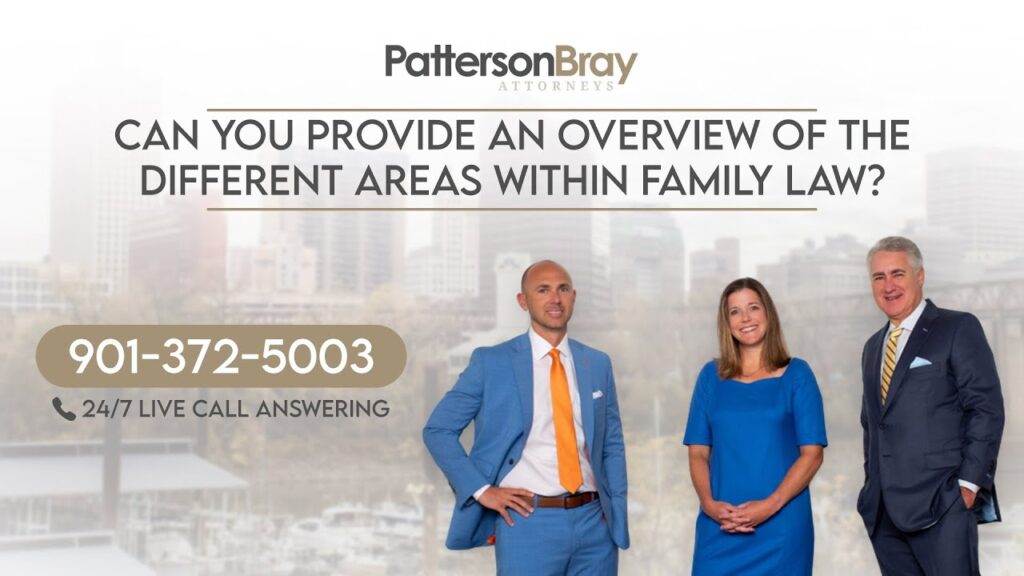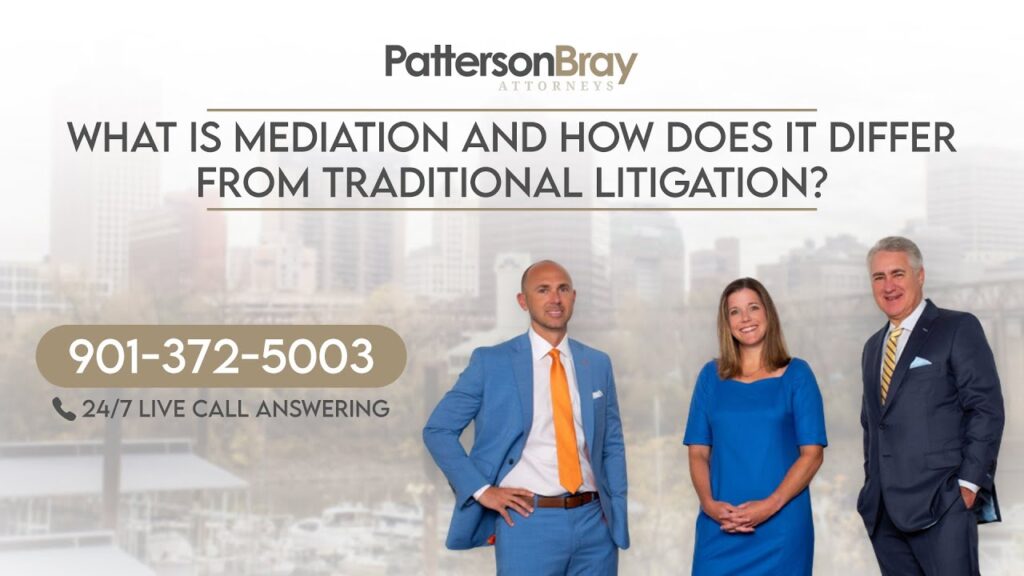Distracted Driving Crashes in Tennessee: What You Should Know
If you or a loved one has been seriously injured by a distracted driver, you are not alone. In 2018 alone, at least 2,841 people were killed in distracted-driving crashes on U.S. roads and highways, accounting for nearly 8 percent of total road deaths. You don’t have to navigate the...
Read More Continue Reading










